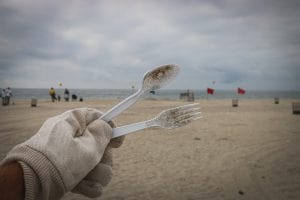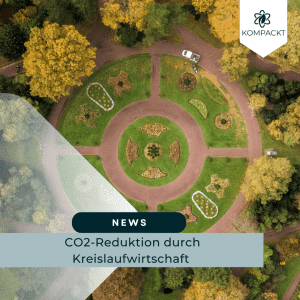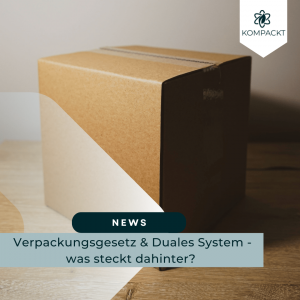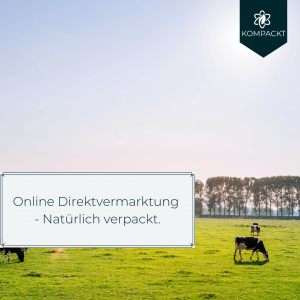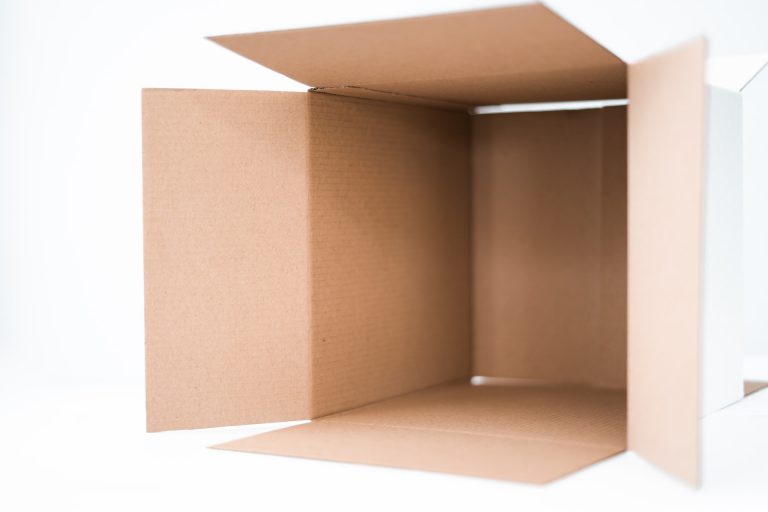
Ban on single-use plastic
On average, each German citizen produces about 38 kilograms of
plastic waste per year - making Germans among the largest generators of plastic waste in all of Europe (Henrich-Böll-Stiftung; BUND, 2019).
Around 320,000 disposable cups alone are consumed every hour in Germany.
Every year, several million tons of plastic waste enter the oceans worldwide, so that 85% of the waste in the seas consists of plastics, which in turn leads to the agonizing death of marine life (Bundesregierung, 2021). Plastic waste breaks down into tiny particles in the water over time. It thus remains in our environment indefinitely. However, this flood of waste not only endangers fish, marine mammals or corals, but also impairs nature's recovery and human health.
A ban on single-use plastic thus seems long overdue, as there are already great alternatives that are both functional & ecologically sustainable.
EU ban
Since July 3, 2021, products made from single-use plastic have been banned throughout the EU. This includes single-use plastic tableware as well as "bioplastics," drinking straws, cotton swabs, balloon sticks, and stir sticks made of plastic. To-go cups and disposable containers made of polystyrene (e.g. fast food packaging) are also no longer produced throughout the EU.
We think this is a right sign and let's hope that more regulations and laws will follow to further reduce plastic consumption!
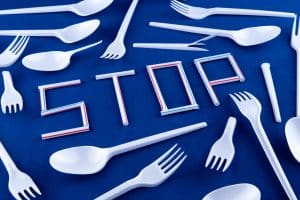
Future steps (Bundesregierung, 2021):
As of 2022:
- Retailers are not allowed to hand out lightweight plastic carrier bags to customers
- Single-use and reusable bottles must be marked to make it easier for customers to reduce plastic waste
- Mandatory deposit for disposable plastic beverage bottles (up to 3L)
As of 2023:
- Caterers, delivery services & restaurants are required to offer reusable containers
As of 2024:
- Mandatory deposit for plastic bottles with milk drinks
As of 2025:
- Non-refillable PET beverage bottles must contain at least 25% recycled plastic (recyclate)
Presently
The ban on single-use plastic was passed a year ago. But has it made any difference?
The answer: little, but there is still something positive. True, the amount of plastic waste entering the environment has only been reduced by less than 0.1%. But:
- Society has started thinking.
- The industry has begun to develop substitute products.
- So the plastic content has decreased somewhat, and that in turn means that a start has been made.
In addition to the ban on single-use plastic, the new Packaging Act (VerpackG) has also been in force since the beginning of 2022. The aim of the law is to increase recycling rates. "Distributors" of packaging will be required to classify it according to the Dual System. Failure to comply will result in severe fines. You can find out more about this on our information page on the Packaging Act.
For further information (click on the title):
Bundesregierung (2021): Einweg-Plastik wird verboten,
Deter, A. (2017): Regionales liegt im Trend
Henrich-Böll-Stiftung, Bund für Umwelt und Naturschutz (BUND) (2019):Plastikatlas – Daten und Fakten über eine Welt voller Kunststoff
IfD Allensbach (2020): Anzahl der Personen in Deutschland, die beim Einkauf regionale Produkte aus der Heimat bevorzugen, von 2016 bis 2020 (in Millionen)
Stiftung Warentest (2011): Die Vorteile: Regionales punktet
ZDF (2022): Ein Jahr Einwegplastikverbot: Was hat sich verändert?
Andere Beiträge
Kategorien
- All
- Allgemein
- Anwendungsfelder
- Interesting Facts

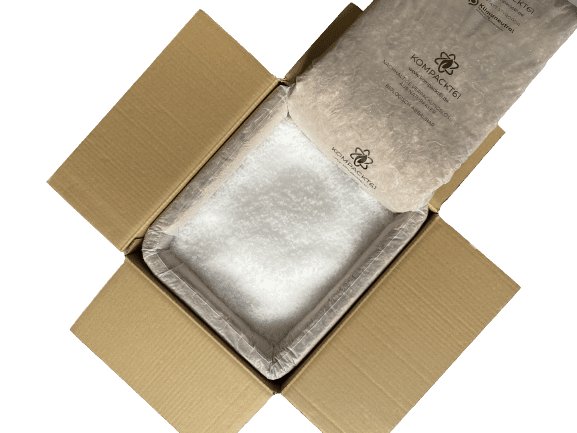
Kühlmittel – Die Wahl der richtigen Kühlmedien für den Versand temperaturempfindlicher Waren
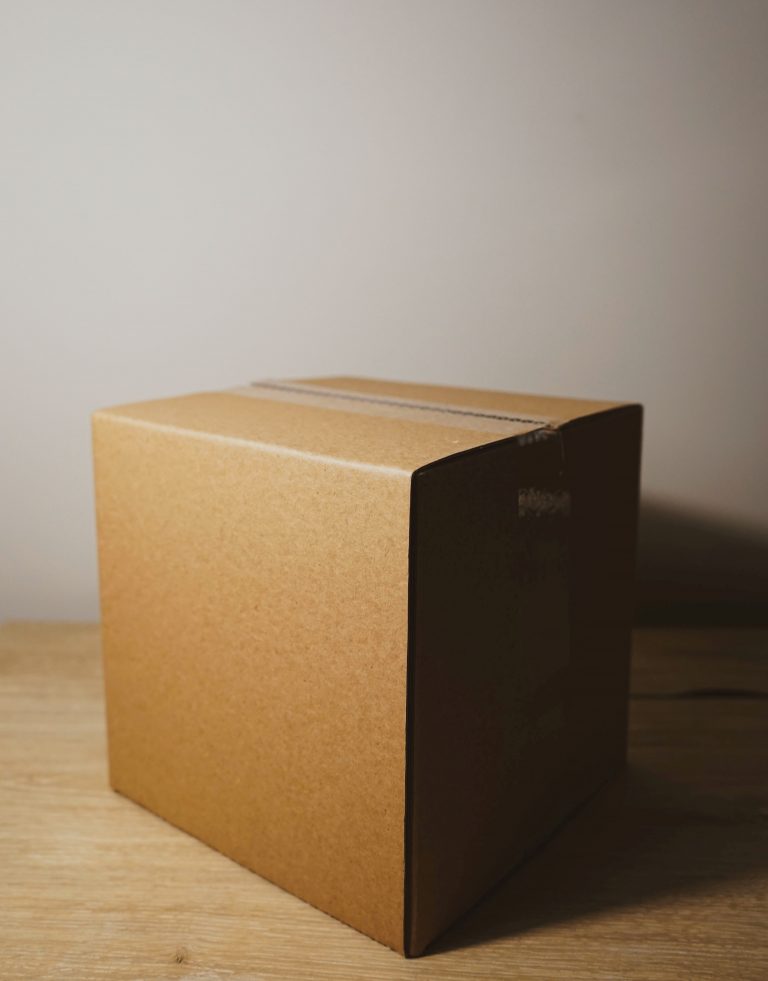
Tipps zum Paketversand temperaturempfindlicher Waren
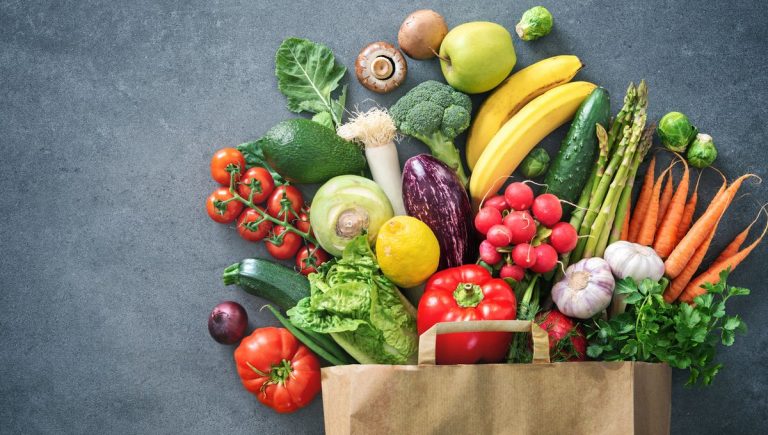
Gemischte Warenkörbe nachhaltig versenden
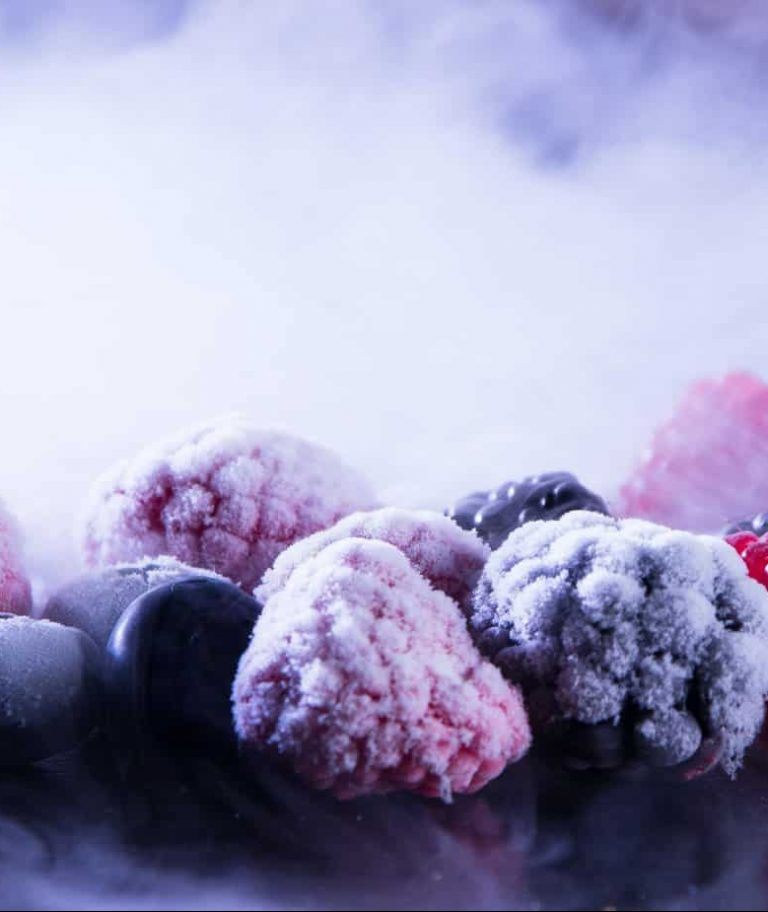
Tiefkühlversand in nachhaltiger Verpackung
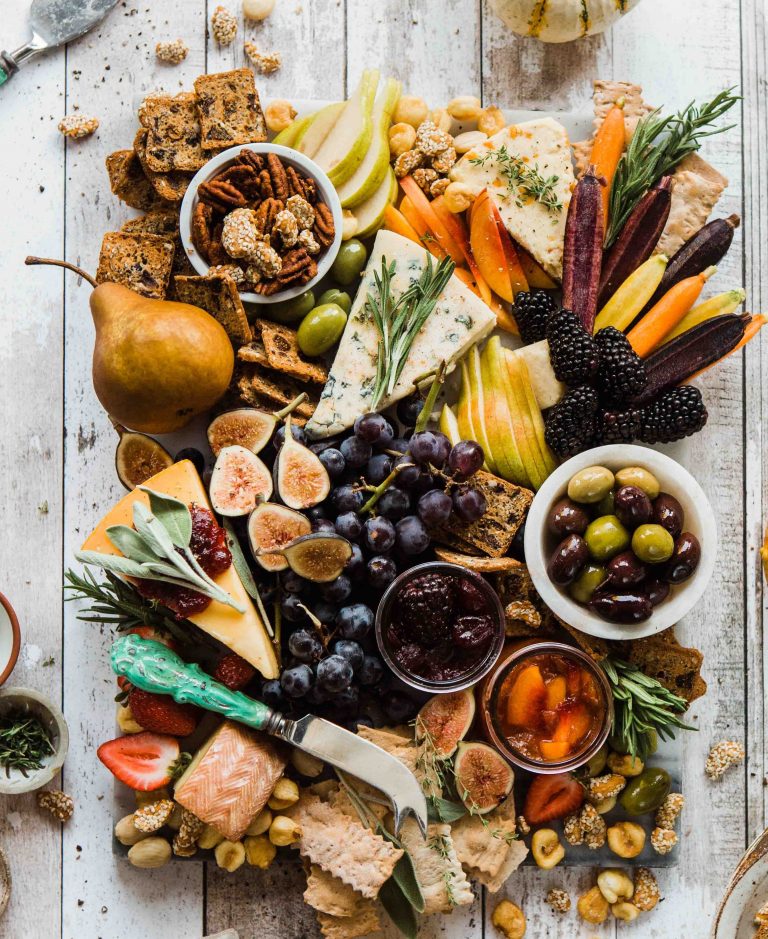
Feinkost & Delikatessen nachhaltig versenden
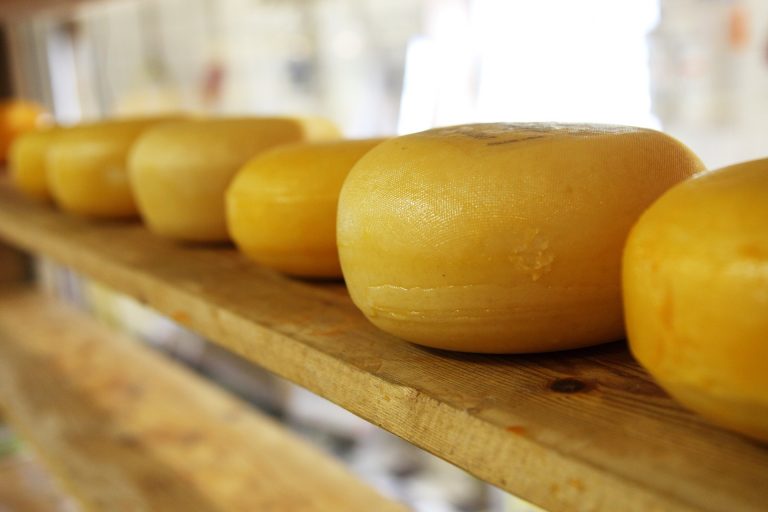
Shipping cheese with
sustainable packaging
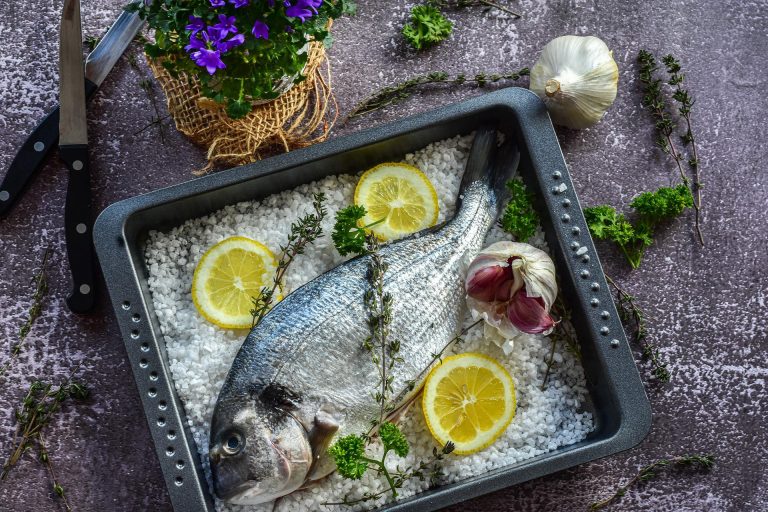
Shipping fish with sustainable packaging
Interesting Facts
about cold chain distribution
Whether you're new to refrigerated shipping in e-commerce or you've been a shipper since day one but want to optimize your process: Our team of experts will be happy to assist you. Get in touch now:

